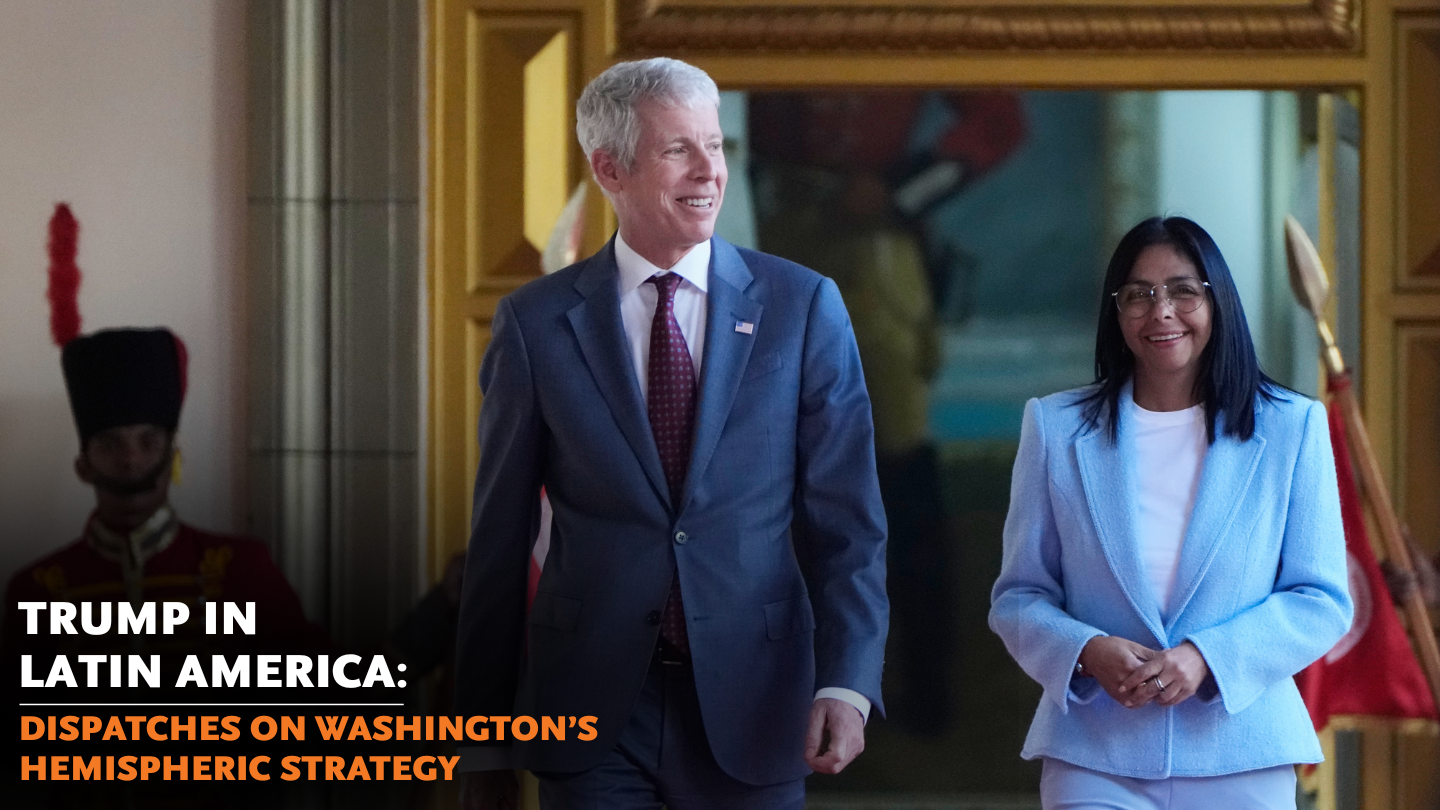Recognize Merits of Trade Agreement
Recognize Merits of Trade Agreement
Congress will soon debate the U.S.-Colombia Trade Promotion Agreement. At stake is a sound and growing economic base for a nation whose success is critical to our security.
Colombia has made great strides against drug trafficking and terrorism in recent years. But to create enduring success -- a situation where Colombia relies less on U.S. assistance -- will require increased economic security and stability. In order to shoulder more of the financial burden, Colombia needs to boost its economy by promoting business, creating employment, and ultimately expanding the tax base. The U.S.-Colombia trade agreement is aimed precisely at doing just that.
Continued progress in Colombia is essential to stability in the region. In the 1990s, cocaine and heroin smuggling surged throughout Latin America, the Caribbean and into the United States -- and was accompanied by major increases in criminal violence. By 1999, Colombia's terrorist guerrillas had replaced drug cartels and kingpins, using narcotics to fund violence aimed at overthrowing Colombia's democratic government.
When Colombia asked the United States for help in 1999, rebels controlled more than half of Colombia's countryside -- and had expanded operations into neighboring countries. The Clinton administration worked with Colombian leaders to write a comprehensive recovery plan and secured bipartisan congressional approval of an emergency assistance package.
Within two years, the investment began to pay off. In 2002, President Alvaro Uribe was able to double drug-crop eradication efforts and collected a wealth tax exceeding $800 million to train and field new army and police units. Colombia's spending on security increased from 3.3 percent of gross domestic product in 2000 to nearly 5 percent this year -- a greater percentage than any NATO country spends on defense.
In addition, the Uribe administration established a national development plan to extend state authority, spur economic development, enhance social equity and establish a more accountable government with extensive justice system reforms.
The gains have been impressive. Since 2001 overall cocaine production has dropped by 30 percent. Violent crime is half of what it was only six years ago, and mayors and police are providing law and order in about 1,100 municipalities. Poverty has also decreased by almost 20 percent since 2002. Economic growth was nearly 7 percent last year.
In particular, Colombia's success against the Revolutionary Armed Forces of Colombia (FARC) has made the country safer. The FARC's strength has declined from 17,000 combatants to an estimated 9,500. Another armed group, the National Liberation Army, is no longer a threat. Consolidating this success would enhance security throughout the hemisphere.
But Colombia still has a tough road ahead to solidify the recent security gains. The government must develop infrastructure and law enforcement capabilities to deny space in vast rural areas where terrorist and insurgent groups seek refuge. Displaced persons need services, education and work.
Amid these challenges, Colombia hopes to grow its economy and improve life for its people by negotiating, signing and ratifying free trade and investment agreements. If implemented, these agreements could translate into exports adding up to $40 billion by 2010, almost double today's figures. The trade agreement would put Colombia on an equal footing with Chile, Peru and other central American trade partners. It will also make improvements in areas such as dispute resolution, labor relations, transparency mechanisms and regulations to combat corruption.
In summary, the U.S.-Colombia Trade Promotion Agreement will help a neighbor and longtime ally continue putting its house in order under very difficult circumstances. It offers a pivotal opportunity to help a valued strategic partner consolidate security gains, strengthen its economy and reduce the regional threat of narco-terrorism. This is an opportunity we cannot -- and must not -- ignore.
Robert M. Gates is U.S. secretary of defense.








